|
Get 15% off your entire order when you buy award-winning Gardini chocolates on Mondays!
Offer is only for the month of October 2020. Minimum chocolate order is $5, for a maximum of $30 at checkout. Code: UPLIFT You can now order before your arrival. Simple choose your beverage, print receipt, and pick up inside cafe. https://www.cafevenetia.com/store/c6/Order_Ahead.html#/
Free Public Performances at Palo Alto Cal Train Station! Thursday, November 9, 2017 - 5:30pm 7:00pm10/30/2017 Join us for a fun, informal piano performance by the members of Bay Area Amateur Pianists at the Palo Alto Cal Train Station. While you're here, grab a bite and drink at Cafe Venetia, relax on the bench, and let us take you on a musical journey before you head off to your destination.
Our second floor is now open at 419 University Ave, but please reserve a table: http://www.cafevenetia.com/reservations.html.This spring there is more chocolate at Cafe Venetia to savor. From Gardini - L'Aritigiano - http://www.gardinicioccolato.it.
Choose from salted to olive-oil-linfused to single-origin crus. Two main species of coffee tree are grown throughout the world: Coffea arabica (or simply Arabica) and Coffea canephora (whose most well-known variety is Robusta). Many people claim Arabica beans are far superior to Robusta beans, and some refuse to drink anything but Arabica, but is it really that simple? Let's have a closer look.
Arabica Arabica trees grow best at high altitudes (around 1000-2000 meters) and in mild temperatures. The trees are delicate and quite susceptible to attacks by pests and disease. Because the trees are harder to cultivate, Arabica beans tend to be more expensive. Arabica coffee is usually described as smoother and sometimes slightly acidic, and it is also lower in caffeine. Robusta As the name implies, Robusta trees are robust and much more resistant to disease than Arabica trees. They also grow best at warmer temperatures and lower altitudes (0-700 meters). Because the trees are easier to grow, are more disease-resistant, and because they produce a higher yield of coffee beans; Robusta beans tend to be less expensive than Arabica beans. Their taste is generally described as being full-bodied, often bitter or too strong. And they have a higher caffeine content. Arabica or Robusta. Which is better? Because of its bitterness, 100% Robusta coffee is rarely used, except in instant coffees. Italian coffee culture in particular uses blends of Arabica and some Robusta, with Robusta usually accounting for between 10% to 50% of the blend. When roasted well, Robusta beans can provide body and strength that are missing from pure Arabica coffees. They also help give espresso a nice crema. Unfortunately for Robusta beans, they are often produced cheaply, resulting in low-quality beans. Further, they are often under-roasted which lowers the quality even more, but saves money as less of the bean is lost in roasting. Because of these practices, Robusta coffee has received a bad reputation. When high-quality beans are roaster and blended well, Robusta coffee contributes to a fabulous espresso experience! There is always something to be said for preserving tradition. Cultural customs often give us identity, linking us to our roots and breathing life into our heritage. Food, especially, provides this connection that spans the generations. Families pass down secret recipes to children, grandchildren, and great-grandchildren. Baristas at Cafe Venetia continue to use the same precise preparation methods performed by Venetian baristas in order to create their espressos, cappuccinos and cremini.
Yet while many recipes should stay the same, our current agricultural system calls for changes in where we obtain our ingredients from. Enter the Slow Food movement, which is based upon preserving tradition while supporting local agriculture and promoting sustainability. According to the movement's website, Slow Food was founded to counteract "the disappearance of local food traditions and people's dwindling interest in the food they eat, where it comes from, how it tastes and how our food choices affect the rest of the world." Visit the website to learn more about the future of eating - everyone should know where their food comes from. In an article in the Wall Street Journal, Michael Idov claims that coffeehouses have lost their revolutionary spirit in favor of politeness and silent blogging. Where hotheaded idealists once met to discuss political schemes and enter intellectual duals, customers now sit alone with their drinks and type on computers. Is this a bad thing? Moreover, have the revolutionaries really left?
|
AuthorWe’re appassionati for high quality, traditional, and beautiful products Archives
May 2023
Categories |
© Café Venetia and the Café Venetia logo are the trademarks of Café Venetia.
All others trademarks are the property of their respective owners.
All others trademarks are the property of their respective owners.

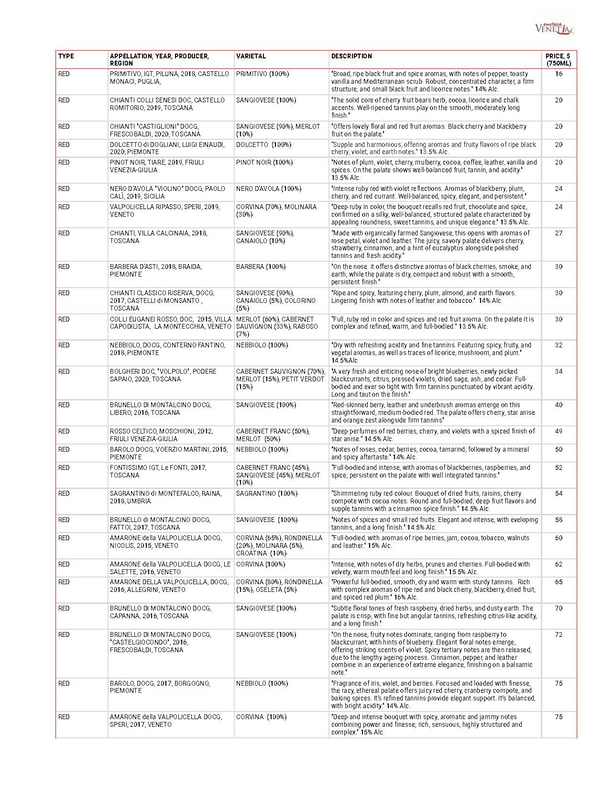
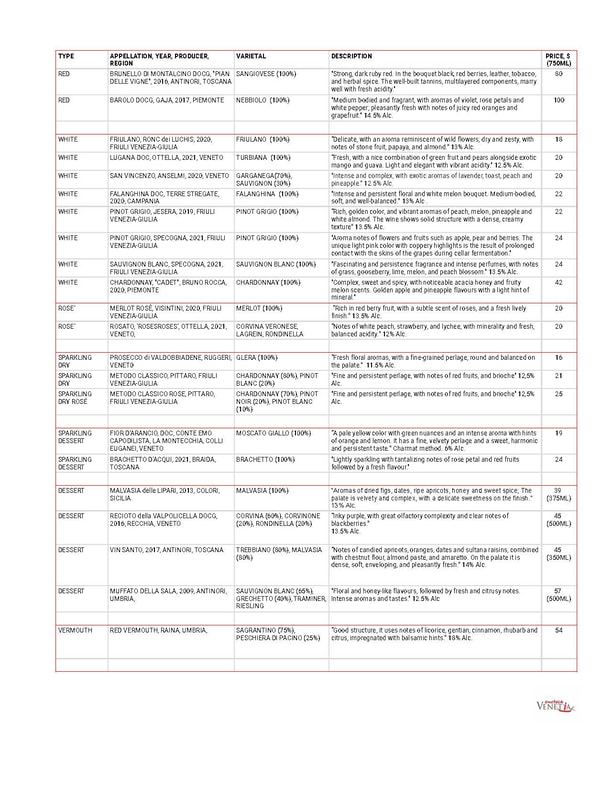
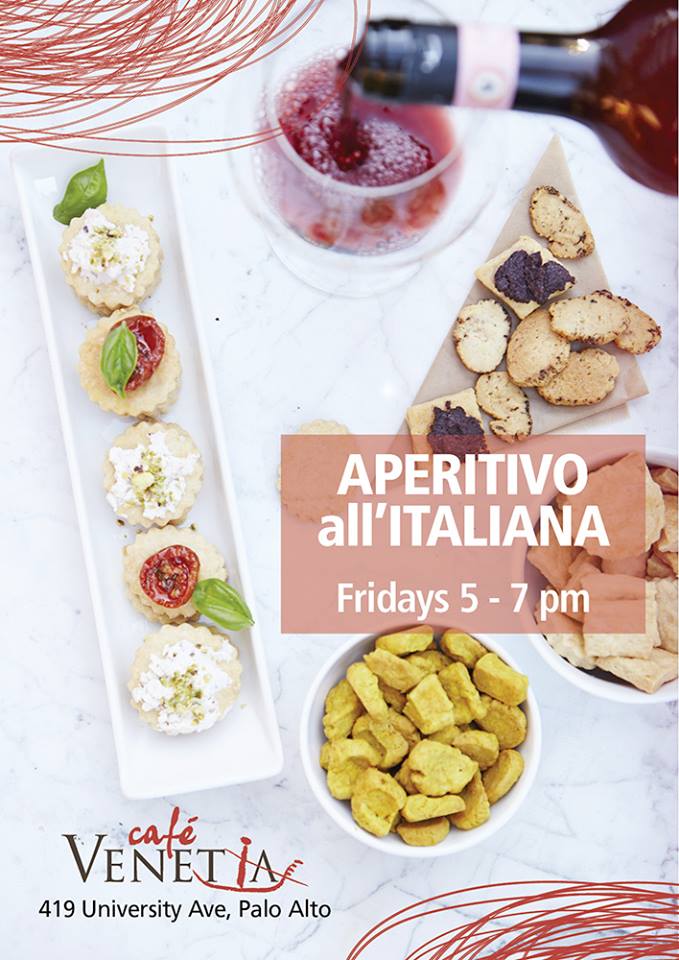
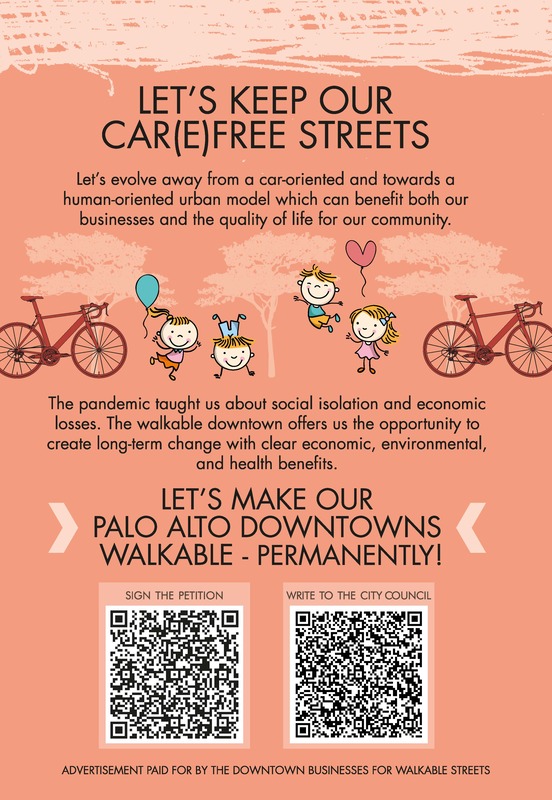
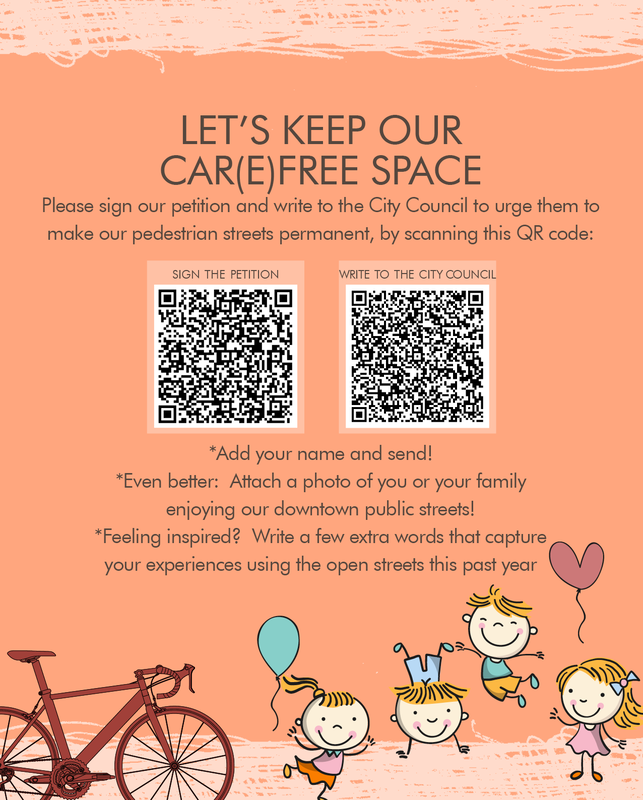
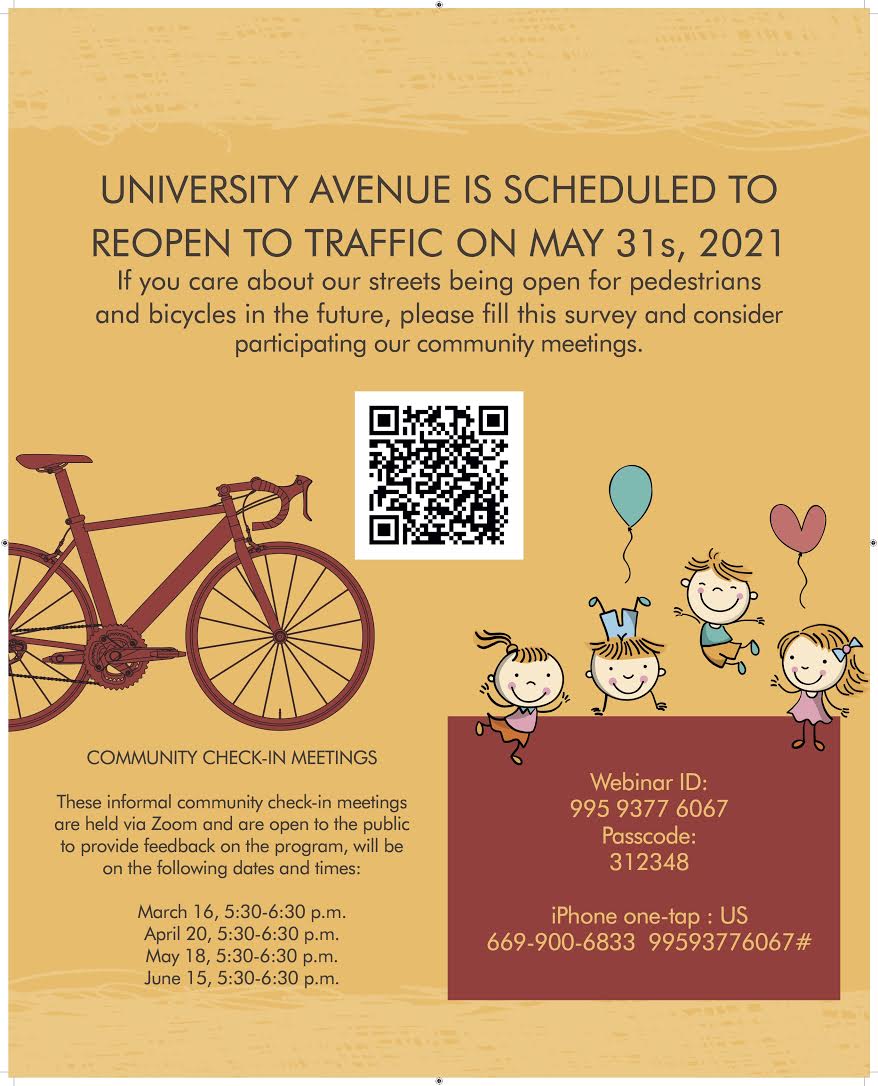
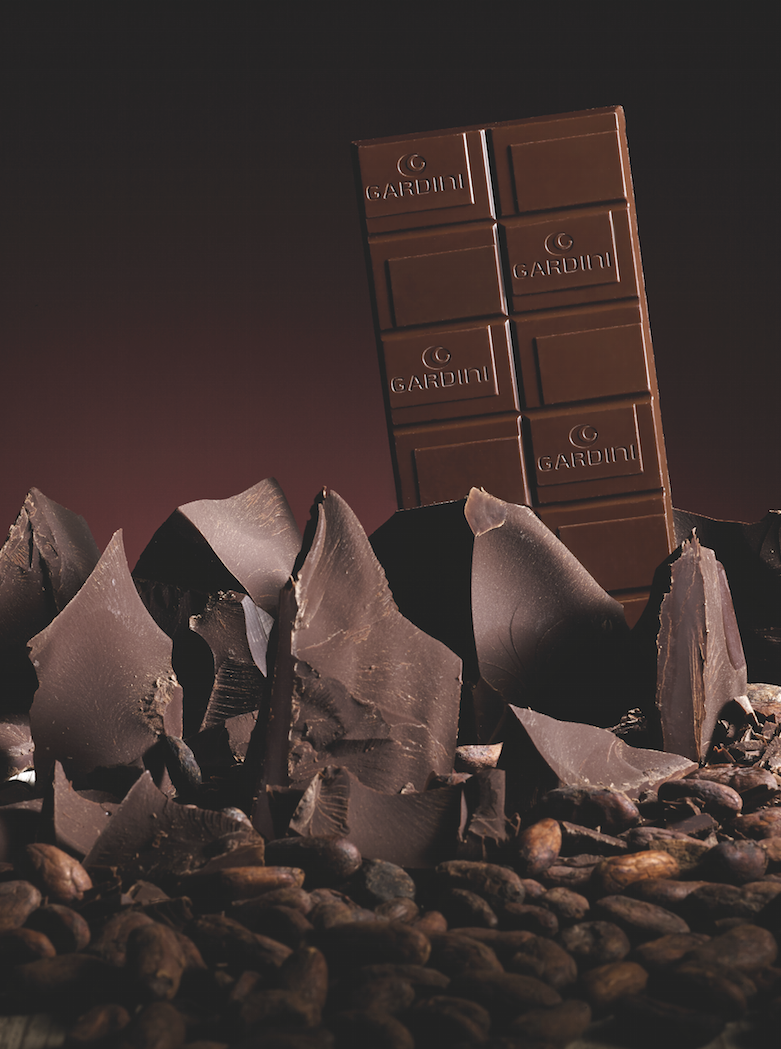

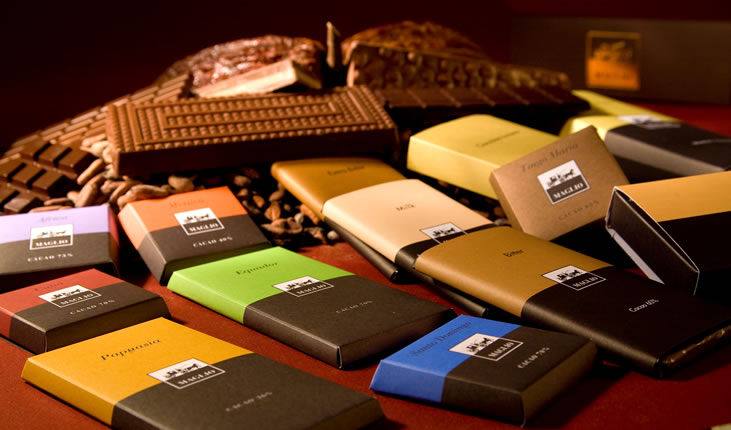
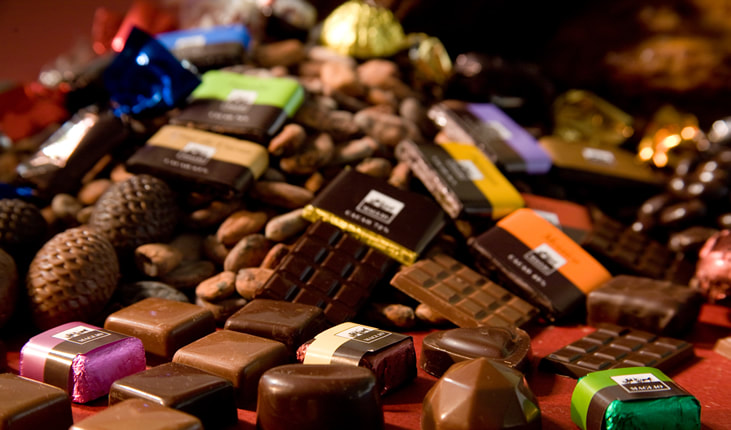


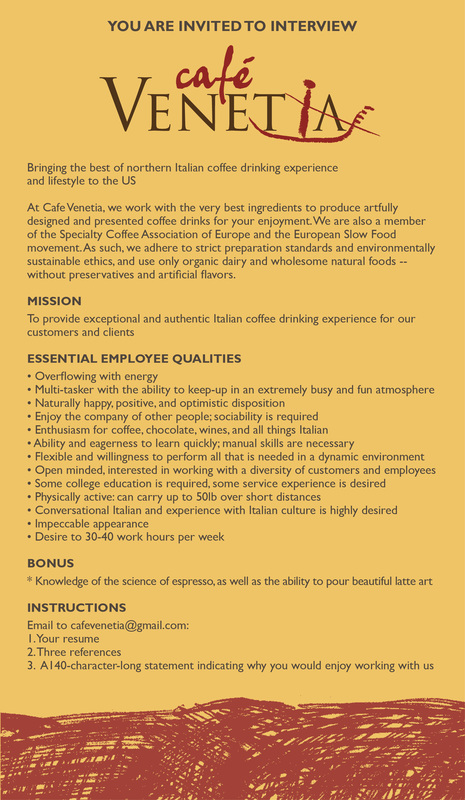
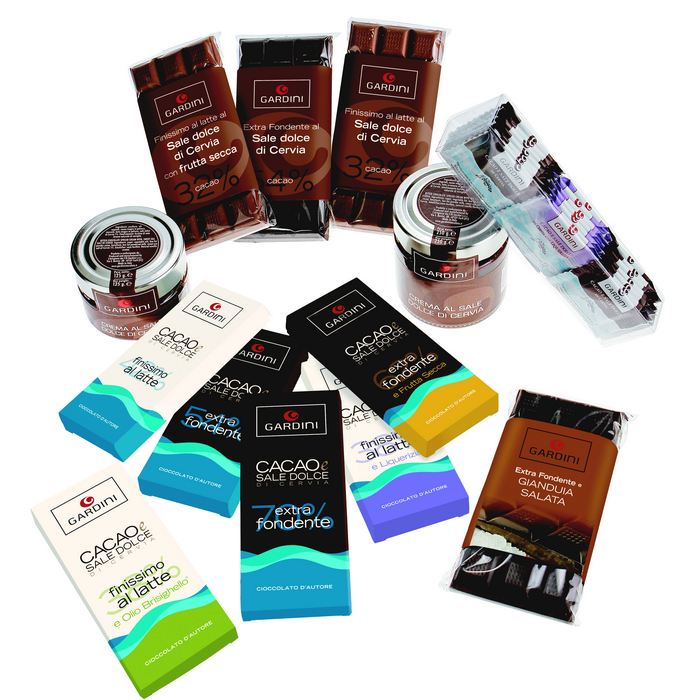
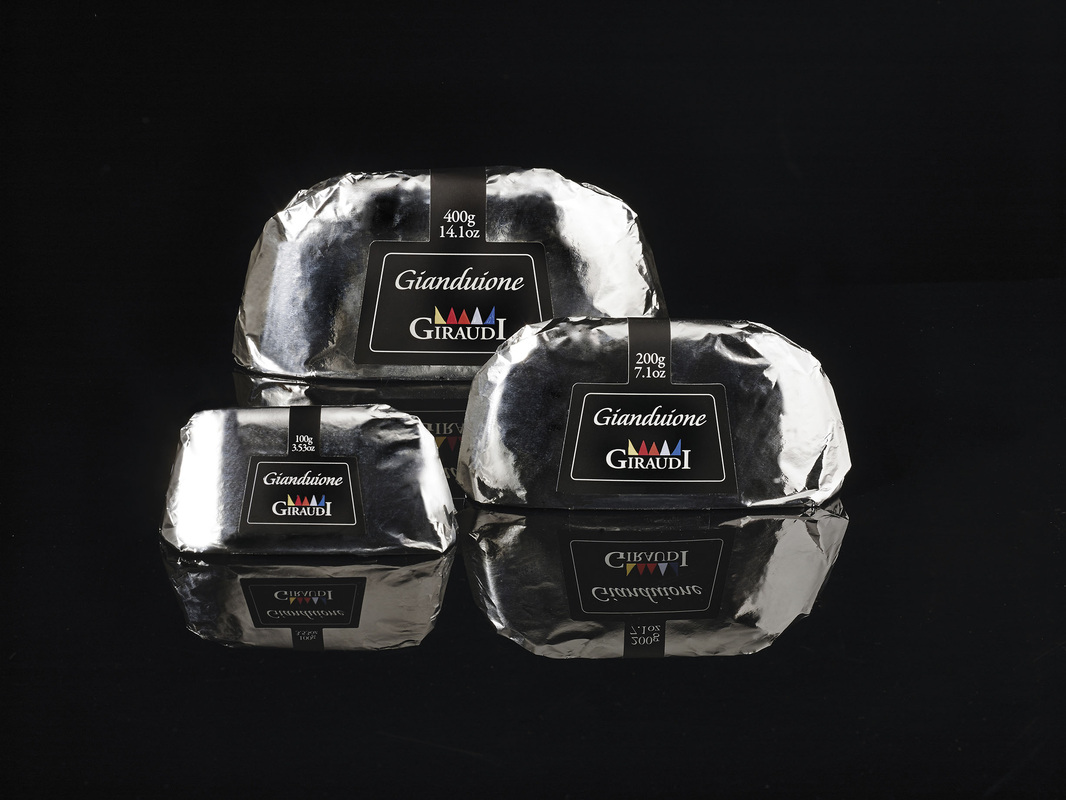
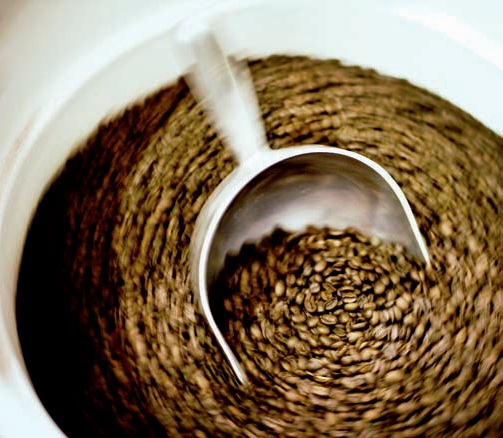
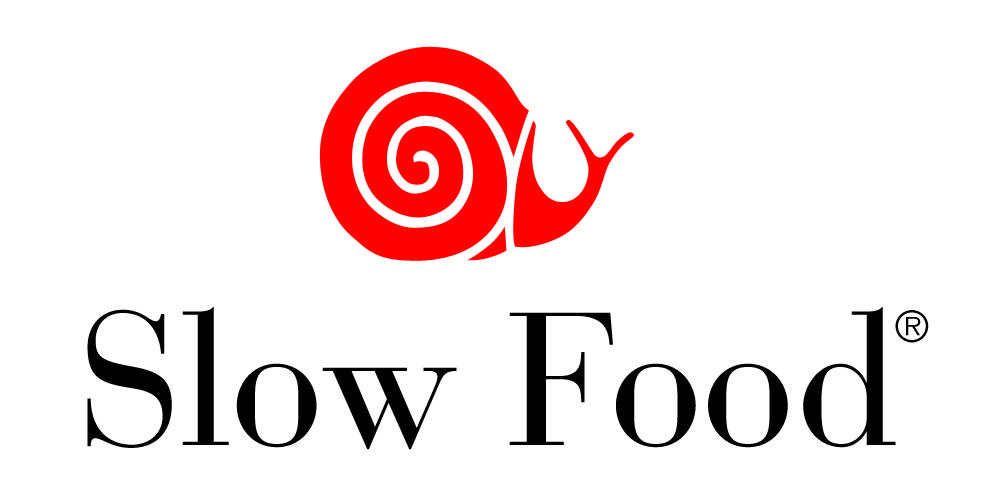
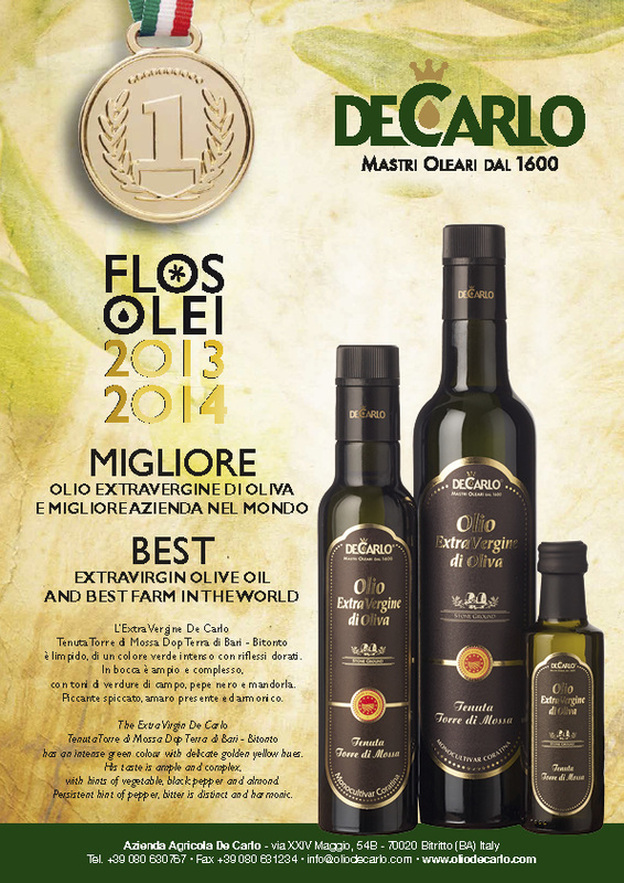
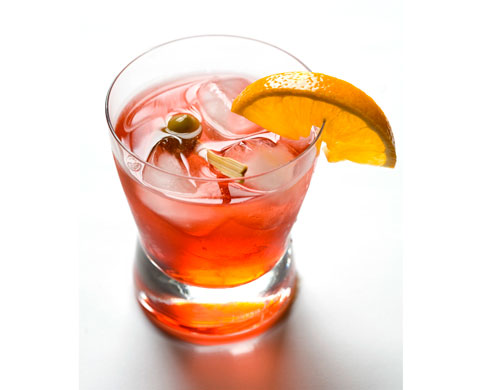
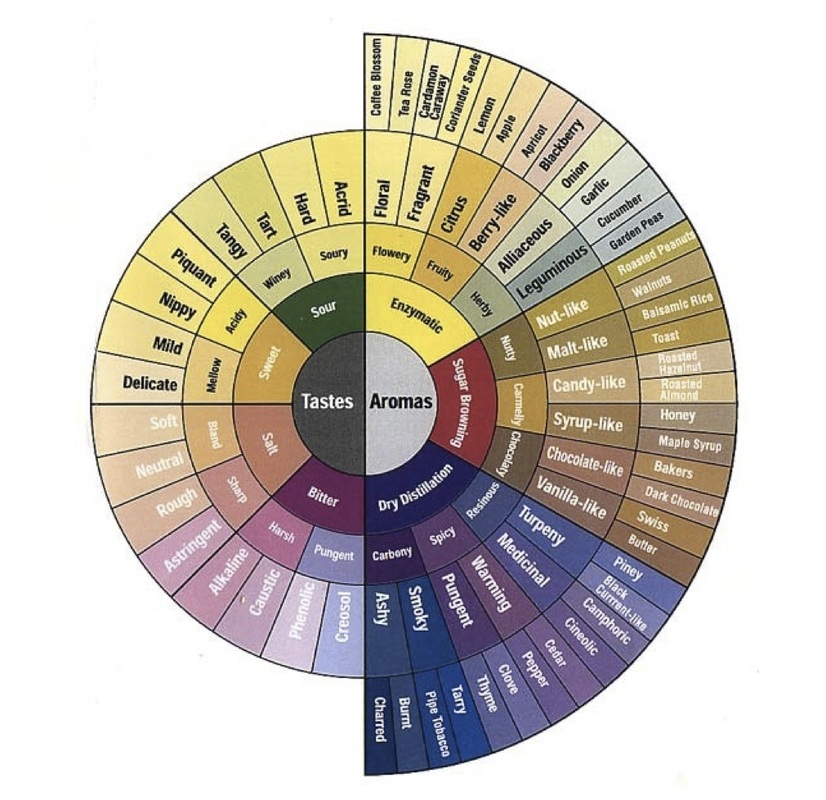
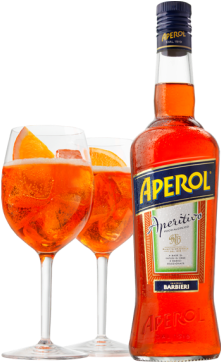
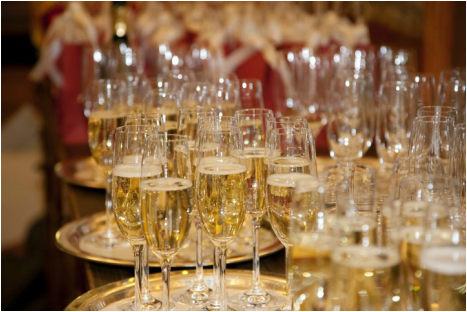
 RSS Feed
RSS Feed